bcacc 2024 annual report

Candice Alder
President of the Board

Michael Radano
CEO
PRESIDENT & CEO MESSAGE
According to Mental Health Research Canada (MHRC), the current political and economic landscape is causing heightened anxiety among Canadians, with nearly half (42%) reporting increased anxiety in the past month. Anxiety levels are particularly high among lower-income households and women.
Rising cost of living is the primary source of anxiety (52%), followed by political tensions and uncertainty with the U.S. (38%), personal challenges (27%), and global events (25%).
Concerns vary across demographics: older Canadians are more worried about political tensions, younger Canadians are struggling with personal challenges, and those in lower-income households are most concerned by the cost of living.
Data from Mental Health Research Canada’s (MHRC) Also indicates that:
More than one in four (28%) Canadians report that their mental health symptoms affect their daily functioning.
One in four (24%) working Canadians report experiencing burnout ‘most of the time’ or ‘always’.
Only one third of those who accessed mental health services did so through a provincial health system.
The BC Association of Clinical Counsellors (BCACC) continues to ensure that there is an ample number of qualified practitioners to meet the ever-growing need for mental health services in British Columbia, and that the quality of care is maintained. The BCACC continues to strive for a future where access to mental health becomes universal and commonplace.
The BCACC is very grateful for its dedicated volunteers and staff, and its supportive partners and collaborators. Through their efforts and contributions, the BCACC has had many achievements of strategic importance, including:
Successfully advocating for the designation of psychotherapy as a profession under the Health Professions Act
Adding almost 1000 new master’s level Registered Clinical Counsellors (RCCs) to the profession, now totaling 8445 BCACC registrants
Addressing access barriers with the removal of the GST (lower costs) and the collaborative launch of its Connection 2 Care program (less stigma).
Supporting 125,000 members of the public seeking mental health services through BCACC’s Find a Counsellor Tool;
Enhancing the profession with Canada’s first AI guidelines for mental health professionals and the addition of 500+ Approved Clinical Supervisors;
new rccs in 2024
total members
%
